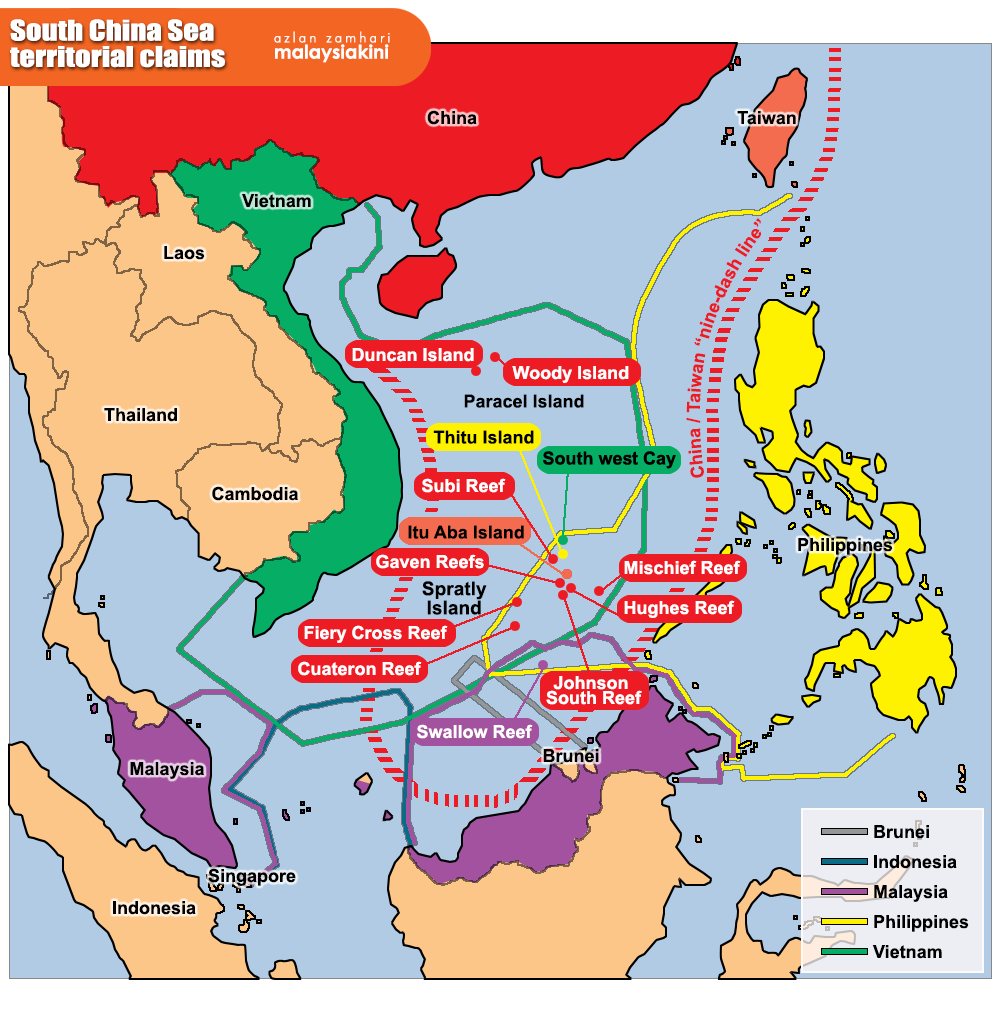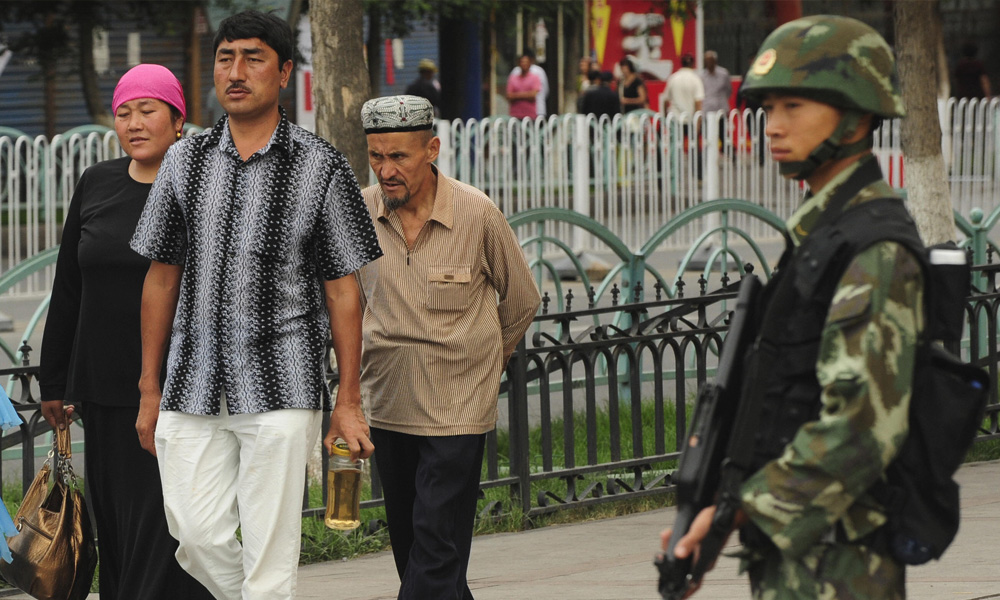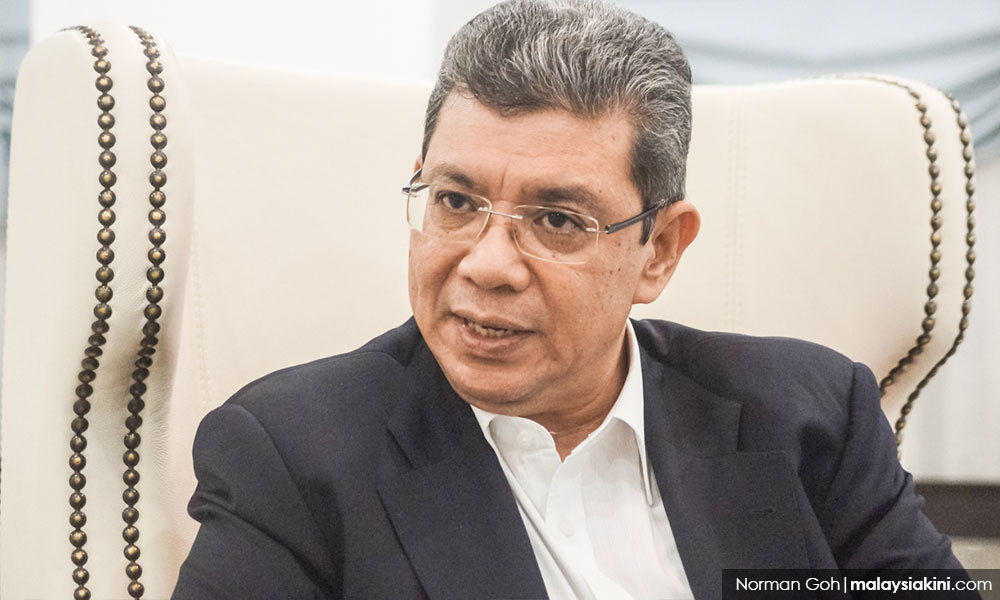Malaysia will continue to speak up on issues like the South China Sea territorial dispute and China's treatment of Uighur Muslims while simultaneously strengthening economic ties with the superpower.
The focus, for the time being, however, is on resolving "low-hanging fruit", such as the issue of continuing the mega projects backed by China, Foreign Minister Saifuddin Abdullah told the South China Morning Post in an interview.
“Every time we meet our counterparts from China, all of these issues are on the table, but of course, you have to be practical.
“There is this thing called the low-hanging fruit, and whichever one that you can handle first, I think you try to settle it," he was quoted as saying.
Saifuddin (above) will be accompanying Prime Minister Dr Mahathir Mohamad to Beijing, to attend the Belt and Road Forum.
China should de-escalate maritime dispute
According to him, China's conduct in the South China Sea maritime dispute, where the superpower has overlapping claims with Taiwan, Vietnam, Philippines, Malaysia, and Brunei over islands, reefs, banks, and other features including the Spratly Islands, Paracel Islands, and various boundaries in the Gulf of Tonkin, can be "quite intimidating".
Putrajaya believes that the maritime dispute should be resolved by talks between China and 10-nation Association of Southeast Asian Nations (Asean) as a bloc, Saifuddin said.
"Generally speaking, when it comes to the whole of the South China Sea, we have always talked to China on the Asean platform, and not on a one-to-one basis,” he said.

China has a visible military presence in the area, with its coastguard vessels frequently spotted in the disputed zone, including waters claimed by Malaysia as its own.
“One big problem is that the Chinese coastal guard boats are bigger than most of our navy vessels.
“We have been trying to tell our Chinese counterparts, just by sheer size, people can accuse you of intimidation, and we really need to look at this," he said.
“I hope they can more or less de-escalate their way of doing things,” he added.
Putrajaya will follow the Uighur issue closely
According to Saifuddin, Putrajaya follows the issue of China's treatment of its Uighur Muslims "closely", and has voiced out related concerns to Beijing.

The Chinese government has placed some 1.5 million Uighur Muslims in "re-education camps", which is claims is necessary to combat Islamic extremism.
Detainees have alleged ill-treatment in the camps and claimed they are subjected to "forced conversion" where they are forced to eat pork and drink alcohol.
“We understand the situation. We follow the Uighur story very closely and we have informed Beijing that we look at this seriously, we have a lot of concerns.
"They have of course [been] giving their side of the story, but we have not decided as to what will be our next step," said Saifuddin.


